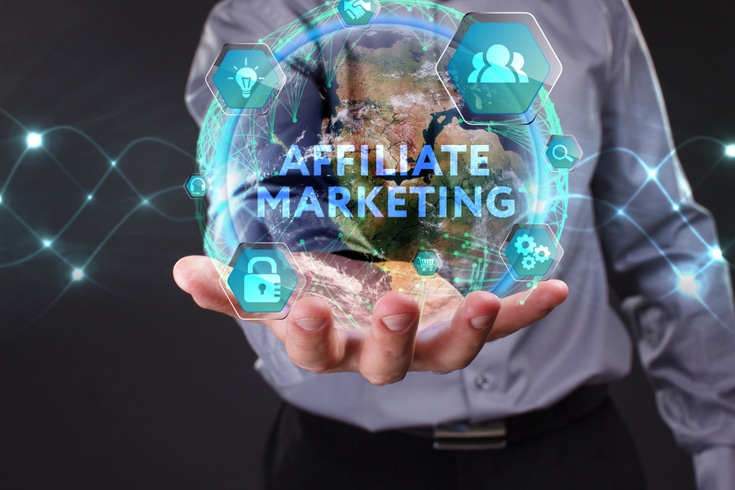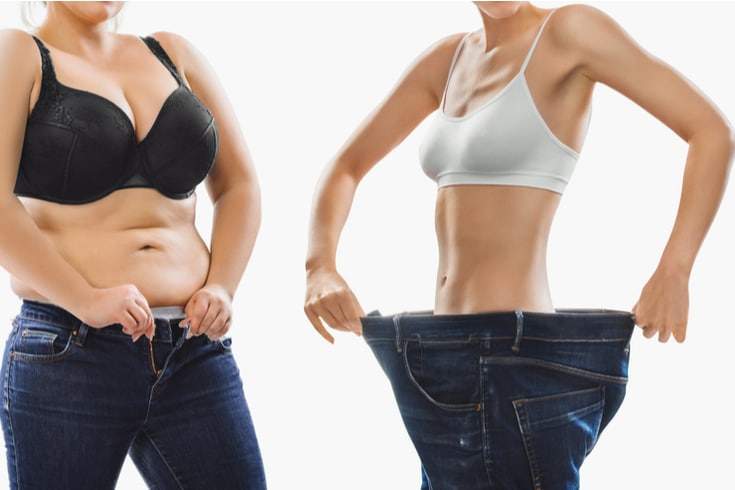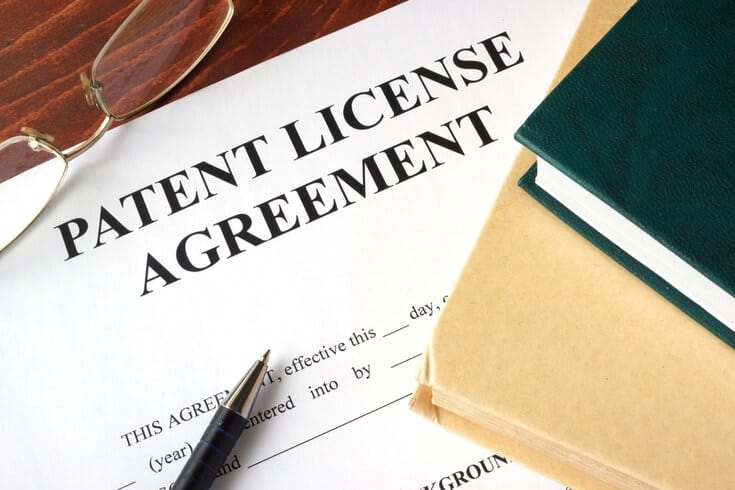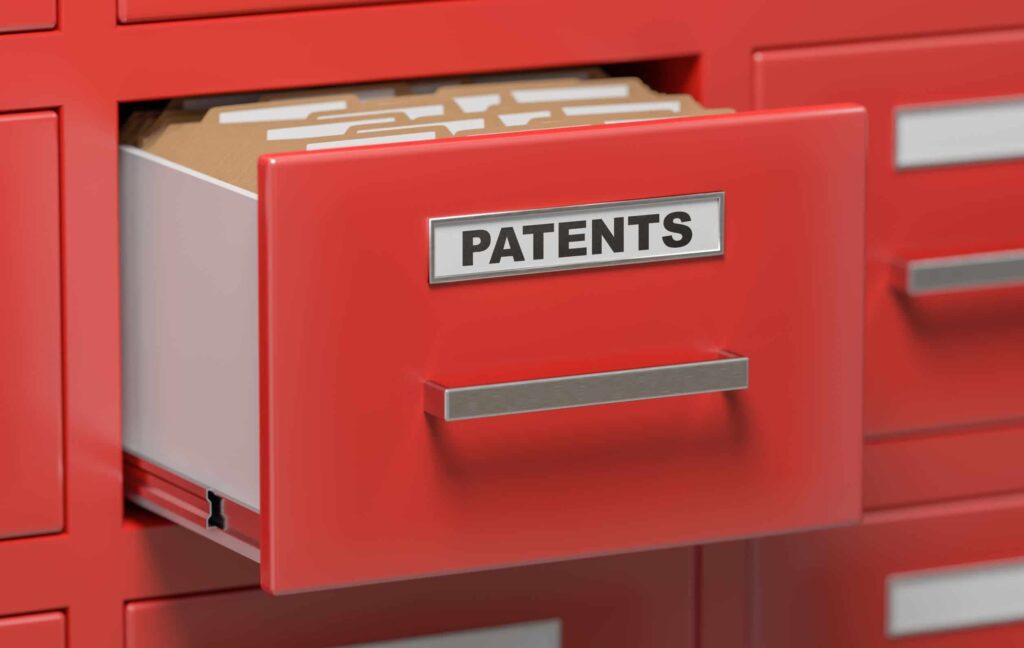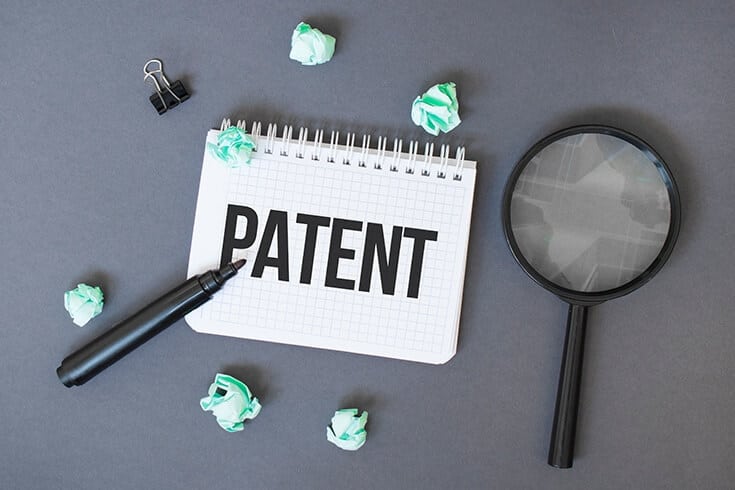Does it Vary Depending on the Type of Product? Explaining Examples of Violations of Advertising Regulations
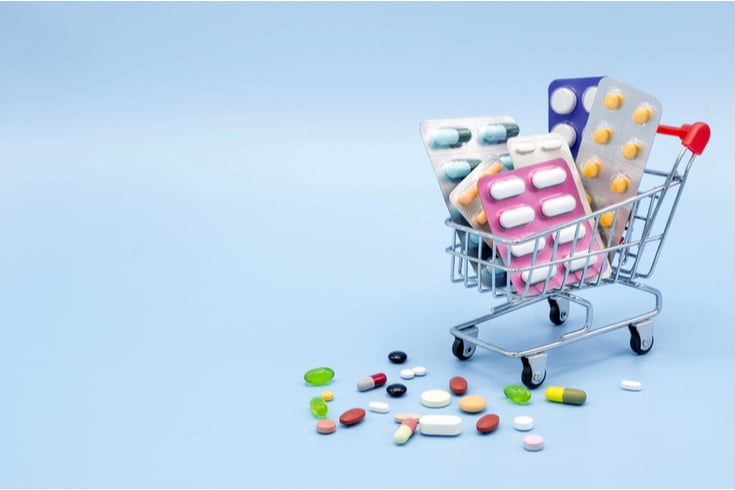
Every day, we see numerous advertisements for pharmaceuticals and other products on the internet and in newspapers. Such advertising activities are essential for promoting the sale of these products by raising awareness of the pharmaceuticals and other items that are being developed and sold daily.
However, excessive advertising or the provision of incorrect information can potentially lead to irreversible damage, such as health hazards. Therefore, the Japanese Pharmaceuticals and Medical Devices Act (薬機法) has regulations in place to ensure that advertising is conducted appropriately, and depending on the content and wording of the advertisement, there may be a risk of violating these regulations.
In this article, we will specifically explain the points to be careful about when advertising pharmaceuticals and other products, according to each product.
What is the Advertising Regulation under the Japanese Pharmaceutical and Medical Device Act?
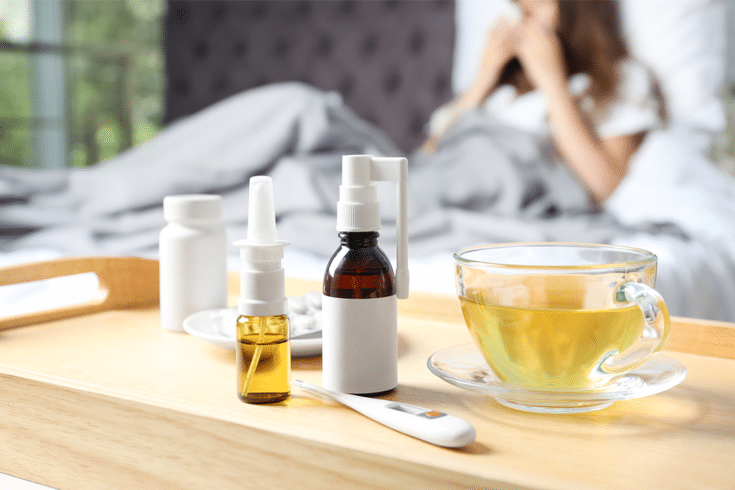
The Japanese Pharmaceutical and Medical Device Act (薬機法) stipulates three types of advertising regulations: prohibition of false and exaggerated advertising (Article 66), restrictions on advertising for special disease drugs (Article 67), and prohibition of advertising for unapproved drugs (Article 68). In this article, we will focus on the prohibition of false and exaggerated advertising.
What is the Prohibition of False and Exaggerated Advertising?
The prohibition of false and exaggerated advertising regulates the provision of incorrect or exaggerated information in advertisements for pharmaceuticals and other products. The Japanese Pharmaceutical and Medical Device Act stipulates as follows:
Article 66: No one shall advertise, describe, or disseminate false or exaggerated information about the name, manufacturing method, efficacy, effect, or performance of pharmaceuticals, quasi-drugs, cosmetics, medical devices, or regenerative medicine products, whether explicitly or implicitly.
2. Advertising, describing, or disseminating information that could be misunderstood as being guaranteed by a doctor or other person regarding the efficacy, effect, or performance of pharmaceuticals, quasi-drugs, cosmetics, medical devices, or regenerative medicine products shall be deemed to fall under the preceding paragraph.
Article 66 of the Japanese Pharmaceutical and Medical Device Act[ja]
This prohibition of false and exaggerated advertising applies not only to pharmaceuticals but also to quasi-drugs, cosmetics, etc. Therefore, general quasi-drugs such as gargle medicines, cosmetics such as skincare products, shampoos, etc., are also subject to regulation.
Furthermore, the subjects of regulation are not limited to businesses that manufacture or sell pharmaceuticals, etc. Media that post advertisements may also be held accountable for violations of advertising regulations.
If you violate these advertising regulations, you may face penalties such as imprisonment or fines, so it is important to respond appropriately.
If you want to know more about general content related to advertising regulations, please refer to the following article.
So, what kind of expressions are specifically prohibited? We will explain in detail for each of pharmaceuticals, quasi-drugs, cosmetics, and health foods.
Examples of Violations in “Medicines”
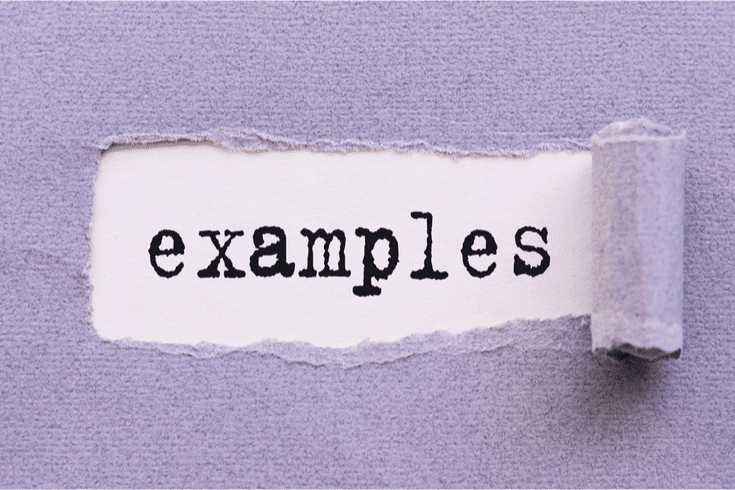
The content of advertising regulations for medicines is detailed in the standards set by the Ministry of Health, Labour and Welfare (Japanese Standards for Proper Advertising of Medicines and Other Items[ja]). In the following, we will highlight advertisements that should be noted based on these standards.
Examples of Violations
When manufacturing and selling medicines, you must obtain the approval of the Minister of Health, Labour and Welfare for each item.
Therefore, the efficacy and effects displayed in the advertisement of a medicine must not exceed the range approved.
For example, displaying that a gastrointestinal medicine, which has been approved to be effective for diarrhea caused by food poisoning or indigestion, also has efficacy for cavities, exceeds the range of approved efficacy and effects and is a violation.
Also, the name of the medicine used in the advertisement must be displayed as approved to avoid confusion with other medicines. For example, if the name was approved in Kanji, it is not allowed to replace it with Hiragana or the alphabet.
In addition, there are regulations prohibiting expressions that guarantee efficacy and safety, such as “complete recovery” and “no need to worry about side effects”, and expressions that make the maximum claim about efficacy and safety, such as “No.1 in sales” and “the best effect”.
Examples of Violations in “Quasi-Drugs” and “Cosmetics”
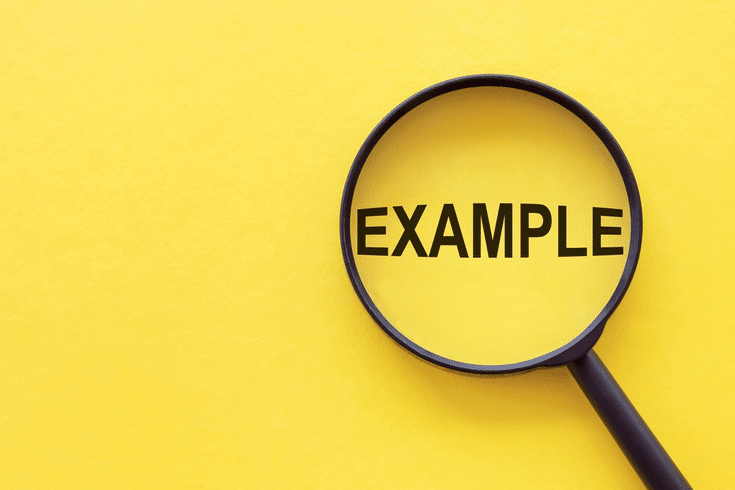
Advertising regulations for quasi-drugs and cosmetics are detailed according to the standards set by the Ministry of Health, Labour and Welfare, similar to pharmaceuticals. Additionally, for cosmetics and some quasi-drugs, self-regulation standards are set in the “Guidelines for Proper Advertising of Cosmetics, etc. (2020 edition)[ja]” established by the Japan Cosmetic Industry Association.
Examples of Violations in “Quasi-Drugs”
Like pharmaceuticals, quasi-drugs must also receive approval for each item when manufacturing and selling. Therefore, when displaying the efficacy and name, it is required to not exceed the approved range and to use the approved name as is.
Examples of Violations in “Cosmetics”
On the other hand, the principle is that cosmetics can be manufactured and sold without approval. Therefore, the display of efficacy is required not to exceed the range of efficacy listed in the “Revision of the Range of Efficacy of Cosmetics[ja]” issued separately by the Ministry of Health, Labour and Welfare.
For example, in this notice, it is permitted to express “provides moisture to aging skin” in advertisements for aging care products, as the efficacy of “providing moisture to the skin” is defined.
On the other hand, advertisements that claim rejuvenation or anti-aging effects, such as “youth will return with aging care,” which are not defined in the notice, are not permitted.
Also, special attention is needed for user testimonials, which are frequently used in cosmetics advertisements.
For example, it is prohibited to mention in testimonials that the cosmetic works well, or to include expressions like “I also use it,” as they may give consumers the misconception that the efficacy and safety of the cosmetic are certain.
Even if you state “this is just a personal opinion” along with the testimonial, it is not permitted.
However, in the “Guidelines for Proper Advertising of Cosmetics, etc. (2020 edition)[ja]“, it is stated that descriptions within the range of user opinions based on facts are permitted for usage methods, usage feelings, and scent images other than efficacy and safety. Therefore, expressions that stay within the usage feeling, such as “refreshing feel,” do not violate advertising regulations.
Examples of Violations in “Health Foods”
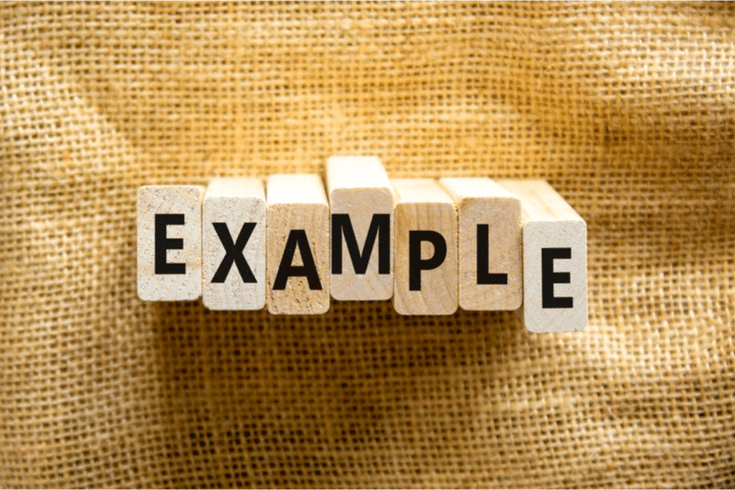
Health foods are generally referred to as foods that are not classified as pharmaceuticals, quasi-drugs, or cosmetics, but are sold and used specifically for maintaining and promoting health. Therefore, health foods are not subject to the regulations of the Japanese Pharmaceuticals and Medical Devices Act.
However, health foods that claim medicinal benefits are considered pharmaceuticals under the Pharmaceuticals and Medical Devices Act. Therefore, advertising these products without approval is a violation of the prohibition on advertising unapproved pharmaceuticals (Article 68).
In this article, we will explain in detail the expressions that are considered pharmaceuticals.
Examples of Expressions Considered as Pharmaceuticals
The distinction between food and pharmaceuticals is primarily judged by their intended use. Therefore, if a health food, which is not originally intended for treating diseases, advertises or implies medicinal benefits, it is considered a pharmaceutical.
Firstly, if expressions are used with the intention of treating or preventing diseases, they are considered pharmaceuticals. Specifically, expressions such as “effective against cancer”, “improves high blood pressure”, “prevents lifestyle diseases”, “increases resistance to allergies” are examples.
Also, even if it is not explicitly stated that it is effective for treating or preventing diseases, if it is implied that it is useful for treatment from the intended users or ingredients, such as “for those with weak hearts” or “the main ingredient is ○○, which is said to make the blood thinner”, it is considered a pharmaceutical.
Furthermore, if expressions are used to enhance or promote bodily functions, they are also considered pharmaceuticals. Specifically, expressions such as “fatigue recovery”, “boosts metabolism”, “prevents aging”, “makes the body less susceptible to colds”, “increases appetite” are examples.
Examples of Expressions Not Considered as Pharmaceuticals
On the other hand, even if expressions such as “maintaining health” or “beauty” are used, they are not considered pharmaceuticals in themselves. Also, the expression “health promotion” implies enhancing bodily functions, but if it is clearly indicated that it is a food and measures are taken to prevent confusion with pharmaceuticals, it is not considered a pharmaceutical.
The above information is also available on the Ministry of Health, Labour and Welfare’s website, so please refer to it as well.
Related: About Medicinal Benefits[ja]
Even if health foods are not considered pharmaceuticals, it is important to note that they are subject to advertising regulations under the Health Promotion Act (Article 65, Paragraph 1) as they are considered food. For more details, please refer to the following page by the Consumer Affairs Agency.
How to Handle Uncertainty in Paraphrasing Terms under the Japanese Pharmaceuticals and Medical Devices Act

In recent years, services that automatically check for expressions that may violate laws such as the Japanese Pharmaceuticals and Medical Devices Act (PMD Act) in order to comply with advertising regulations have been attracting attention.
Whether or not there is a violation of the advertising regulations under the PMD Act is not only determined by the provisions of the law, but also requires a broad reference to related notifications, standards, guidelines, etc., which can be costly and time-consuming. Therefore, using an advertising check service is an attractive option to reduce such costs.
However, there may be expressions that could cause misunderstandings when viewed from the perspective of general consumers, even if they are not formally subject to regulation, or expressions that may be added to the regulatory targets over time, even if the same judgment criteria are used as before.
In such cases, there is a risk that an automatic check service performed by AI may not be able to adequately respond.
Therefore, if you need specific advice on each advertising expression, consulting with a specialist lawyer is also an effective measure.
Conclusion: Consult a Lawyer if You’re Unsure About Advertising Regulations

In this article, we have explained, with various examples, what kind of expressions might violate advertising regulations for each category: pharmaceuticals, quasi-drugs, cosmetics, and health foods.
However, the expressions subject to regulation are diverse, and there are violations that we could not fully mention in this article.
Furthermore, whether a particular advertising expression violates regulations is determined on a case-by-case basis, so it is risky to immediately assume legality just because it is not included in the examples of violations. Especially, if you violate advertising regulations, you may be subject to penalties such as fines or imprisonment, so it is extremely important to thoroughly examine whether your expression does not constitute a violation.
At Monolith Law Office, we can quickly perform a legal check of advertising expressions. We also handle proposals for paraphrased expressions. If you need specific advice on individual cases, please do not hesitate to consult with Monolith Law Office.
Introduction to Our Firm’s Measures
Monolith Law Office is a legal office with high expertise in both IT, particularly the Internet, and law. We provide services such as legal checks of articles and landing pages, creation of guidelines, and sampling checks for various entities including media operators, review site operators, advertising agencies, Direct-to-Consumer (D2C) businesses such as supplement manufacturers, cosmetic manufacturers, clinics, and Application Service Provider (ASP) businesses. Details are provided in the article below.
Category: General Corporate


